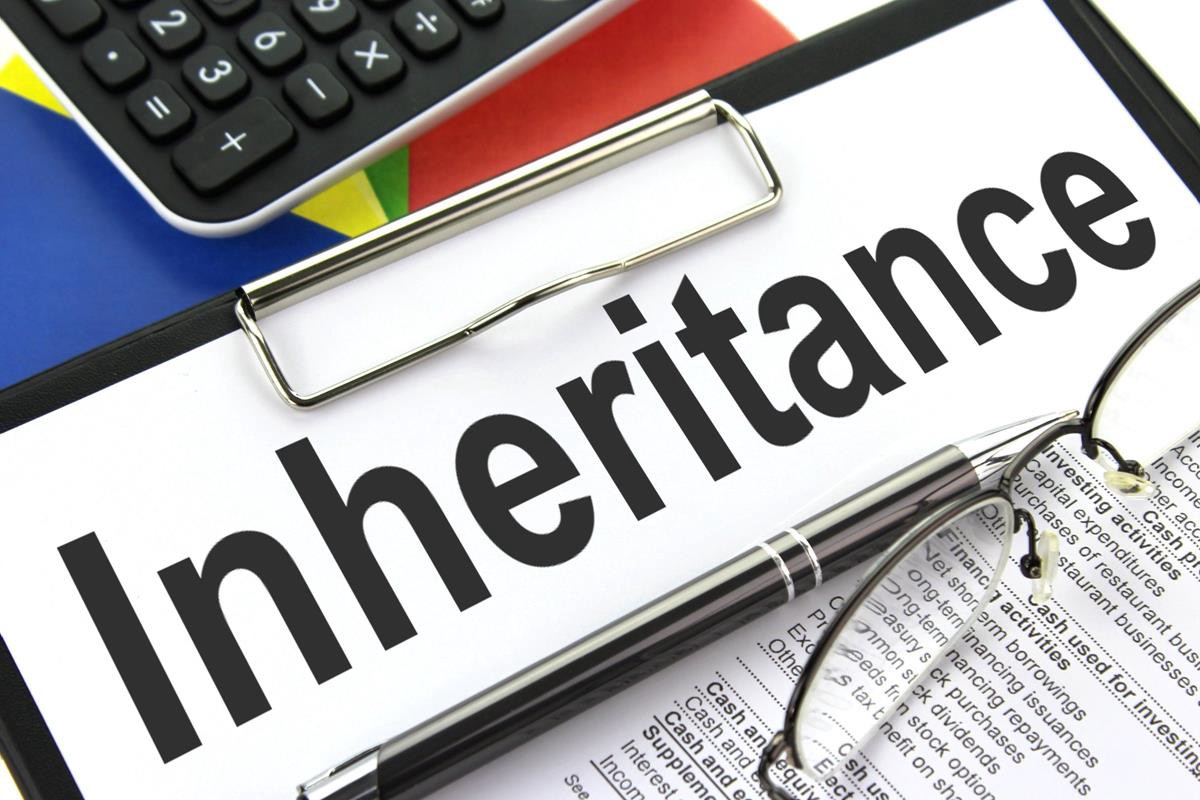InsurTech firms are now coming up with innovative offerings based on blockchain technology.
From homes to vehicles, property and casualty insurers handle multiple types of policies. It’s no wonder the volume of customer data analyzed and shared within firms and among third-parties is increasing exponentially. The process involves a lot of data entry at multiple touchpoints and coordination between different parties, which makes the process time consuming and raises issues of data security.
Combining data from various sources and then seamlessly and securely sharing it with multiple stakeholders is a challenge for insurance firms. Blockchain technology, however, allows policyholders and insurers to digitally track and manage policies, and physical assets, and codify business rules and automate claims processing through smart contracts while providing a permanent audit trail.
Since multiple parties can update blockchain at the same time without altering the existing data, customer data captured from various sources can be accessed – seamlessly and securely – by multiple stakeholders.
Blockchain-enabled smart contracts can turn paper contracts into programmable code that helps automate claims processing and calculates liabilities for all players involved. A typical insurance contract is a paper agreement between two or more parties that is enforceable by law, but a smart contract lives on a blockchain and is enforceable by code.
The blockchain in insurance market size is estimated to grow at a CAGR of 84.9% to reach USD 1.4 billion by 2023.[1] According to the World Insurance Report (WIR) 2017, around 59% of executives surveyed said they were experimenting or will be investing in blockchain technology within next three years.[2] Moreover, a survey conducted for the WIR 2018 revealed that around 30% of surveyed insurers had either implemented solutions or created blockchain technology pilot programs.[3]
InsurTech firms are coming up with innovative offerings based on blockchain technology. For example, Slovenian-based startup InsurePal has developed a decentralized and self-regulating insurance platform based on social proofing. The platform leverages blockchain technology and peer-to-peer assessments to create a rewarding and transparent platform for insurance policies.[4]
Traditional insurance firms are developing in-house solutions or collaborating with consultants or InsurTech firms to formulate blockchain-based processes and new products. For instance, French multinational insurance firm AXA has introduced a flight-delay product that leverages blockchain-based smart contracts for automated claims processing.[5]
Similarly, a group of insurance firms and brokers (Generali Global Corporate & Commercial Italy, AIG Italy, UnipolSai, AON, and Willis Towers Watson) with support from Capgemini Italy, built a blockchain-based platform to improve simplification, transparency, safety, and efficiency in information-sharing processes between intermediaries and insurance firms.[6]
Insurers also are actively standardizing blockchain solutions via industry associations. Backed by major firms – including AIG, Allianz, Chubb, Liberty Mutual, Swiss Re, Tokyo Marine, and Zurich – the Blockchain Insurance Industry Initiative (B3i) explores potential blockchain applications in insurance.[7]
The 18-member Institutes RiskBlock Alliance has announced a blockchain framework to provide more streamlined and secure proof of insurance.[8] The Alliance is the risk management and insurance industry’s first enterprise-level blockchain consortium that brings together industry experts and developers to advance insurance-specific use cases via RiskBlock’s interoperable blockchain architecture.
Source/More: Blockchain: The P&C insurance industry’s potential game changer















